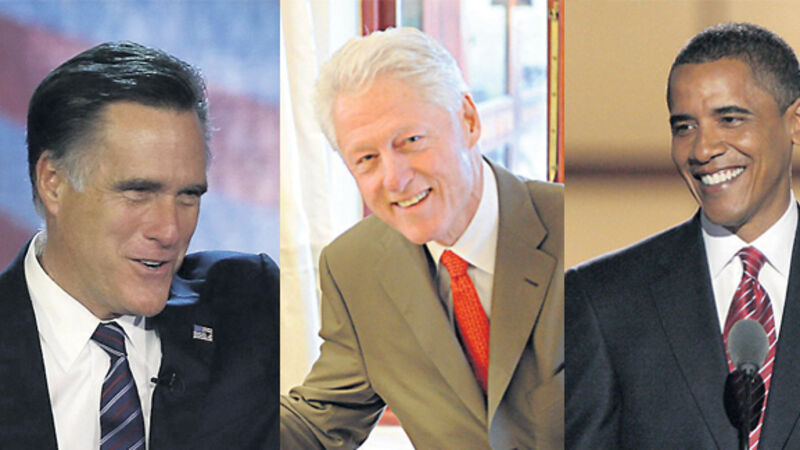By the sheer force of personality

MONTHS before last week’s US presidential election, the charisma coach, Olivia Fox Cabane, was handed a video of Republican Party candidate, Mitt Romney. She graded him an ‘F’ for charisma. Romney’s “incongruent”, saying he lacked the three pillars of her model: presence, power and warmth.
She scored President Barack Obama, who was swept back into the White House, an A.












